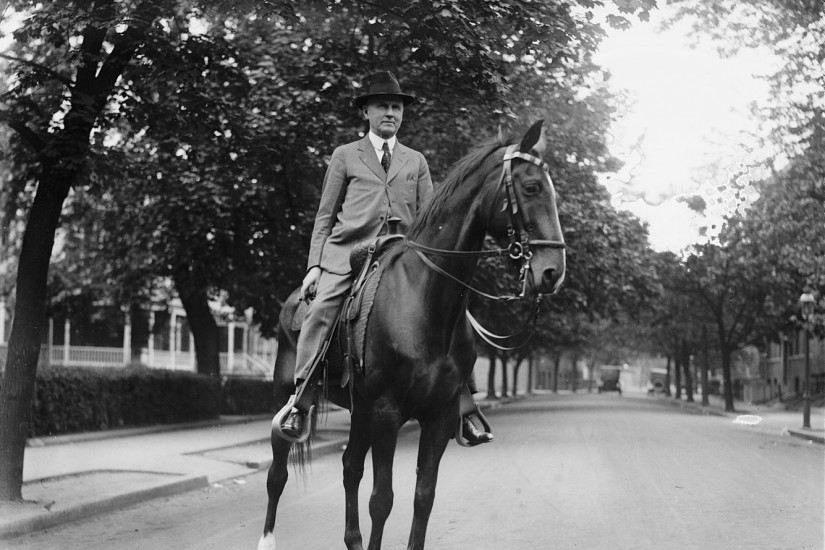“I have always said that I would make more money out of the Grand Canyon than any other man.” Ralph H. Cameron, an entrepreneur in both business and politics, desired nothing less than a fortune from the canyon, and did not mind misusing laws—or his influence—to obtain it. From the time he arrived in Arizona in 1883, until he left under a cloud of disapproval after his single term in the Senate ended in 1927, Cameron used mining laws for many purposes other than mining.
Although Cameron began his work in the Grand Canyon legitimately, he drifted away from lawful practices, seeking more power and more money. Cameron wandered from early mines at the Grand Canyon to early tourist trails and eventually to Congress. But his routes repeatedly crossed opponents, from railroad companies to the federal government. He masked personal interests as public-mindedness, a charade hard to conceal forever. Seeing how Cameron bilked the public and opposed federal conservation efforts offers a window to the ways such questionable ethics undermined the public good to feed simple greed.
A sense of adventure—and the prospect of economic success—inspired Cameron to move from Maine to Arizona when he was 20 years old. John Wesley Powell’s account of exploring the Grand Canyon in 1869 stirred Cameron’s imagination. In the nineteenth-century West, mining offered the quickest, if not the surest, route to riches and land via the generous terms of the General Mining Law of 1872. The law made it easy for individuals to acquire western lands, for legitimate and illegitimate purposes. The easy terms and weak supervision led some to label the law an anachronism, yet it withstood most attempts at reform. For his part, Cameron used the law to pursue riches for three decades, using strategies across the spectrum of legitimacy.
In 1890, Cameron, his brother Niles, and the explorer Peter Berry claimed an area below Grandview Point for copper, calling it the Last Chance Mine. The best ore samples tested at an astounding 30 percent copper. But the work was full of ups and downs, sometimes over the course of a couple hours, as Berry reported in 1892:
They had dug out 500 tons of ore by 1896. But the quality declined, and copper prices dropped. They soon sold their claims.
